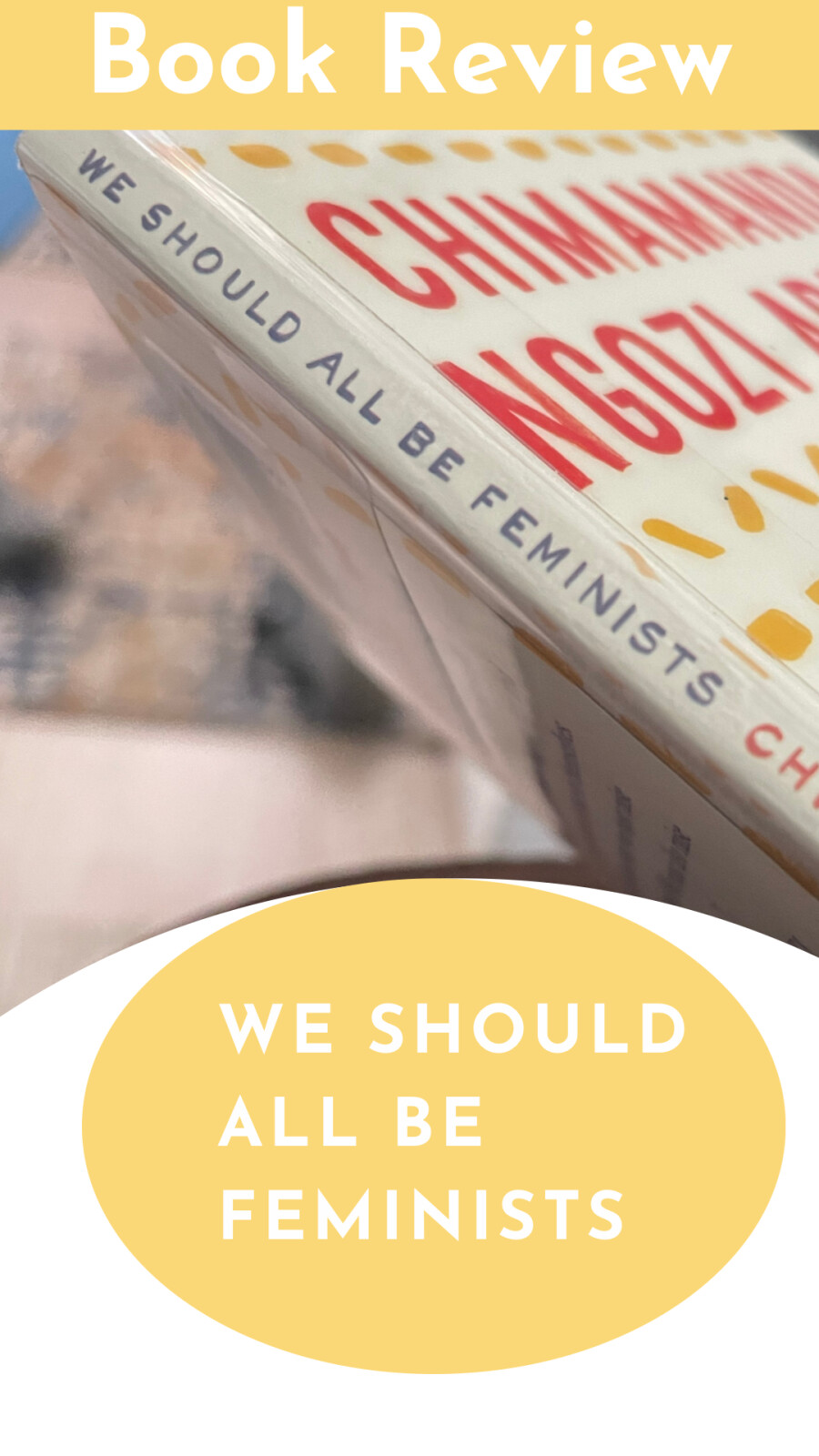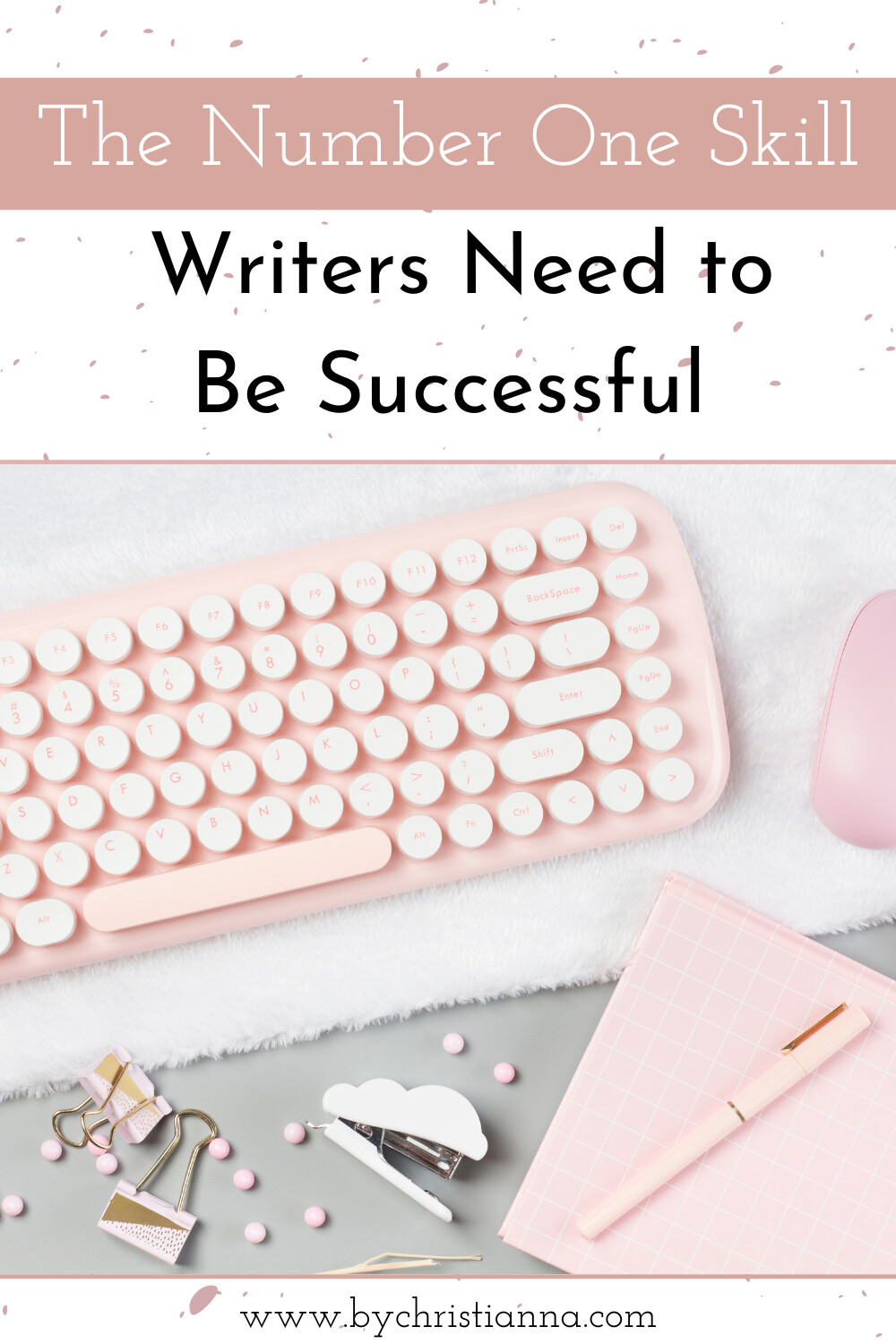
I usually hate “shoulds”. Feminists and feminism are not words I grew up hearing. I even thought like in this book, they were strange, angry women who hated men. But the word has been hijacked and misconstrued.
We Should All Be Feminists comes from the Nigerian author Chimamanda Ngozi Adichie. In 2012, Adichie delivered a TEDx at TEDx Euston in London and the talk was adapted to this book-length essay.
Everyone should read this work and understand that feminism isn’t the work of evil women. It’s a short read at 65 pages that you can get through in less than 30 minutes, and could even be a book you pass around to your friends — men and women. Because both genders operate inside societies and cultures that the inequality exists in.
I’ve seen this in my own, in southern culture, church culture, and Black culture. It’s irritating, to say the least, and in many ways, weakens society by handicapping one half emotionally and making the other half enablers.
I personally dislike cooking and cleaning, but I have been told since I was young that I needed to do and enjoy these things. For a man, a husband, some random disembodied being who holds my life and future. He is appeased by food and a tidy home that only I may create.
Then I am told I would be a terrible wife and ruin someone’s son’s life?
But what about other things, that might be of value? Things like mutual respect, honoring each other’s strengths and weaknesses, and healthy compromises.
Why couldn’t we both cook and clean? Wouldn’t we need to do those things if we never married? Shouldn’t we cook to nourish ourselves and clean to make our houses comfortable homes, for ourselves? That should be a value you have regardless of gender.
Cooking and cleaning are good things, but If they define you as a wife, what happens if you get sick? What happens if you break your back? What happens if you deal with depression or anxiety? What if, like my mother, you develop nerve damage and your hands hurt when you grip things and your drop pits and glasses?
Have you lost value as a wife? May you then be divorced on these grounds, and are you then a terrible ruiner of someone’s son?
Or is this just the culture? A culture created by people, and one that needs to change. The book, if nothing else, plants a seed and starts a conversation that hopefully, one day, will lead to positive change.
Have you read the book? If not, you can use my affiliate link to buy it here or visit your local library.








